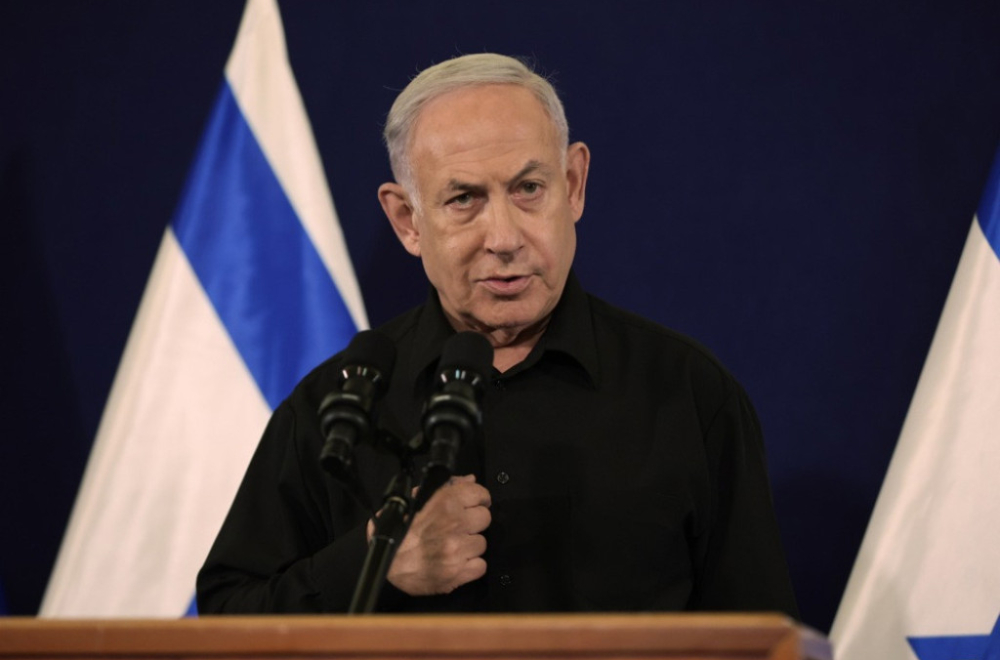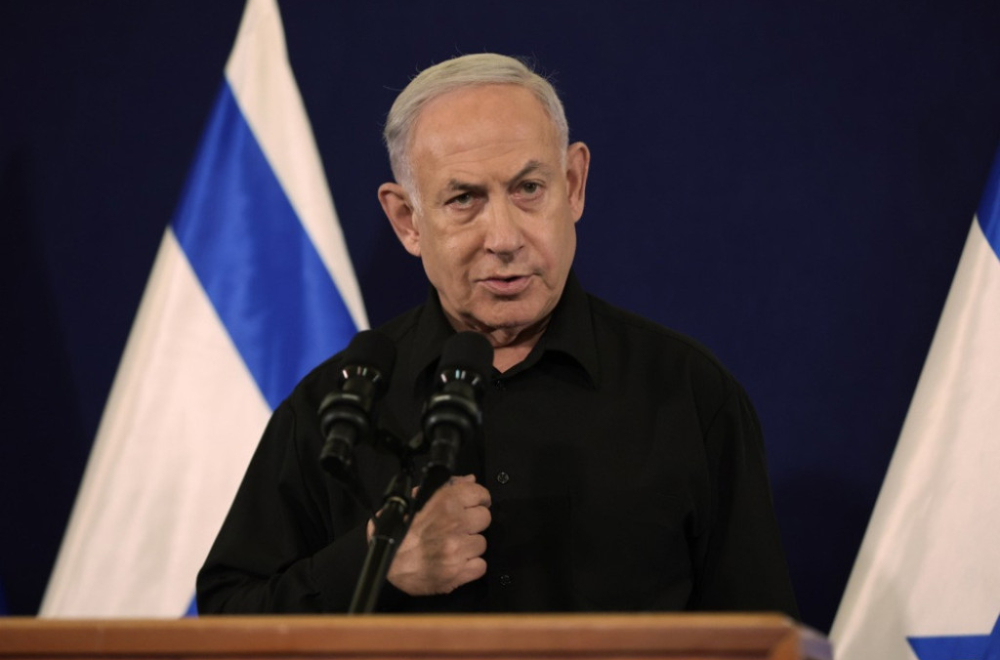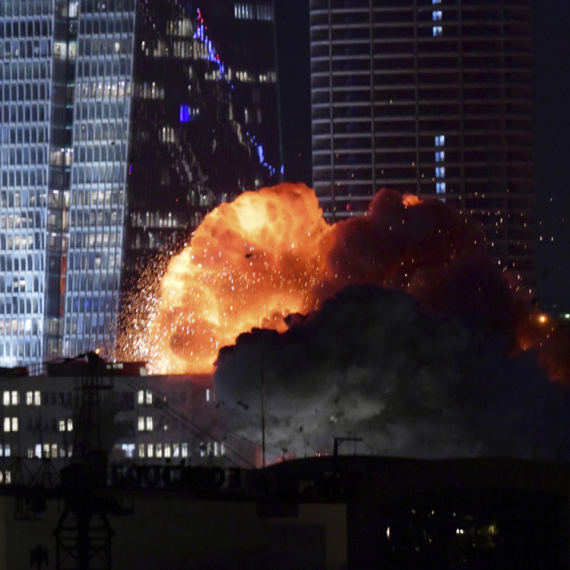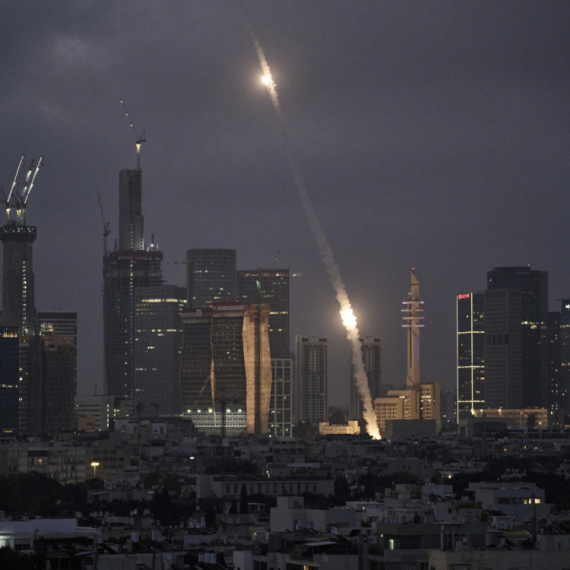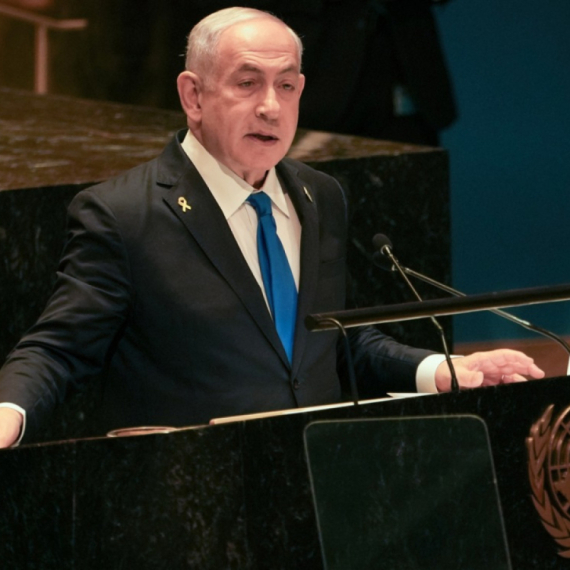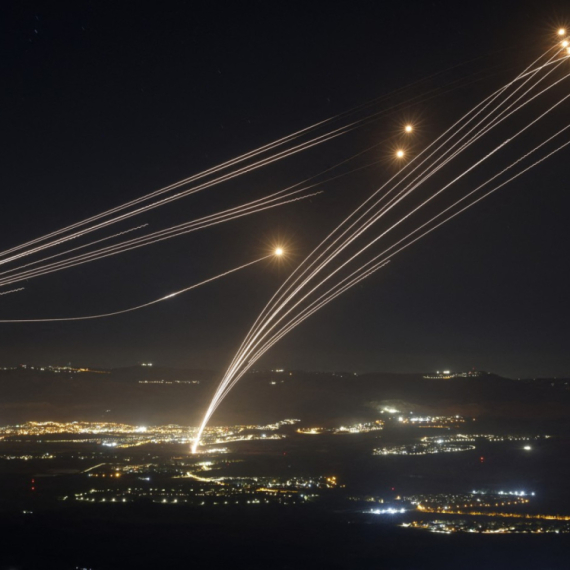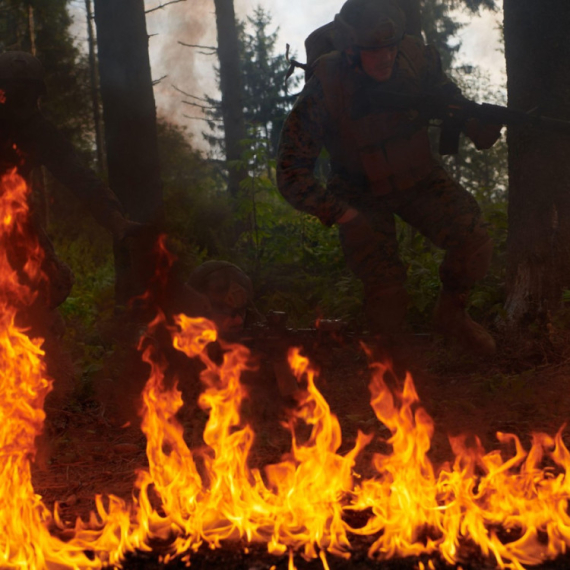Israeli Prime Minister Benjamin Netanyahu stated that Iran will pay a high price for attacks on Israeli civilians after Iran launched dozens of ballistic missiles at Israeli territory in response to Israeli airstrikes on Iranian nuclear and military targets. The conflict has resulted in numerous casualties on both sides, including civilians. The Israeli military continues to strike Iranian targets, while Iranian forces threaten to intensify attacks if Israel continues hostile actions. The international community, including G7 leaders, calls for de-escalation of the conflict and expresses concern over the potential spread of the conflict regionally and globally. French President Emmanuel Macron called for restraint and a return to negotiations on the nuclear deal, while the US and the UK expressed support for Israel and sent additional military forces to the region. The situation remains tense with ongoing exchanges of missile strikes and air raids, while the civilian population suffers the consequences of the conflict.
Political Perspectives:
Left: Left-leaning reports emphasize the humanitarian impact of the conflict, highlighting civilian casualties and the need for diplomatic solutions and de-escalation. They often criticize military actions and stress the importance of international mediation and peace talks.
Center: Center-leaning reports focus on the factual developments of the conflict, presenting statements from both Israeli and Iranian officials, the military actions taken, and the international diplomatic responses. They emphasize the security concerns of Israel and the threat posed by Iran’s nuclear program, while also noting calls for de-escalation.
Right: Right-leaning reports emphasize Israel’s right to self-defense against existential threats posed by Iran’s nuclear ambitions and missile attacks. They highlight the strength and resolve of Israeli leadership and military actions, often portraying Iran as the aggressor and a destabilizing force in the region.






